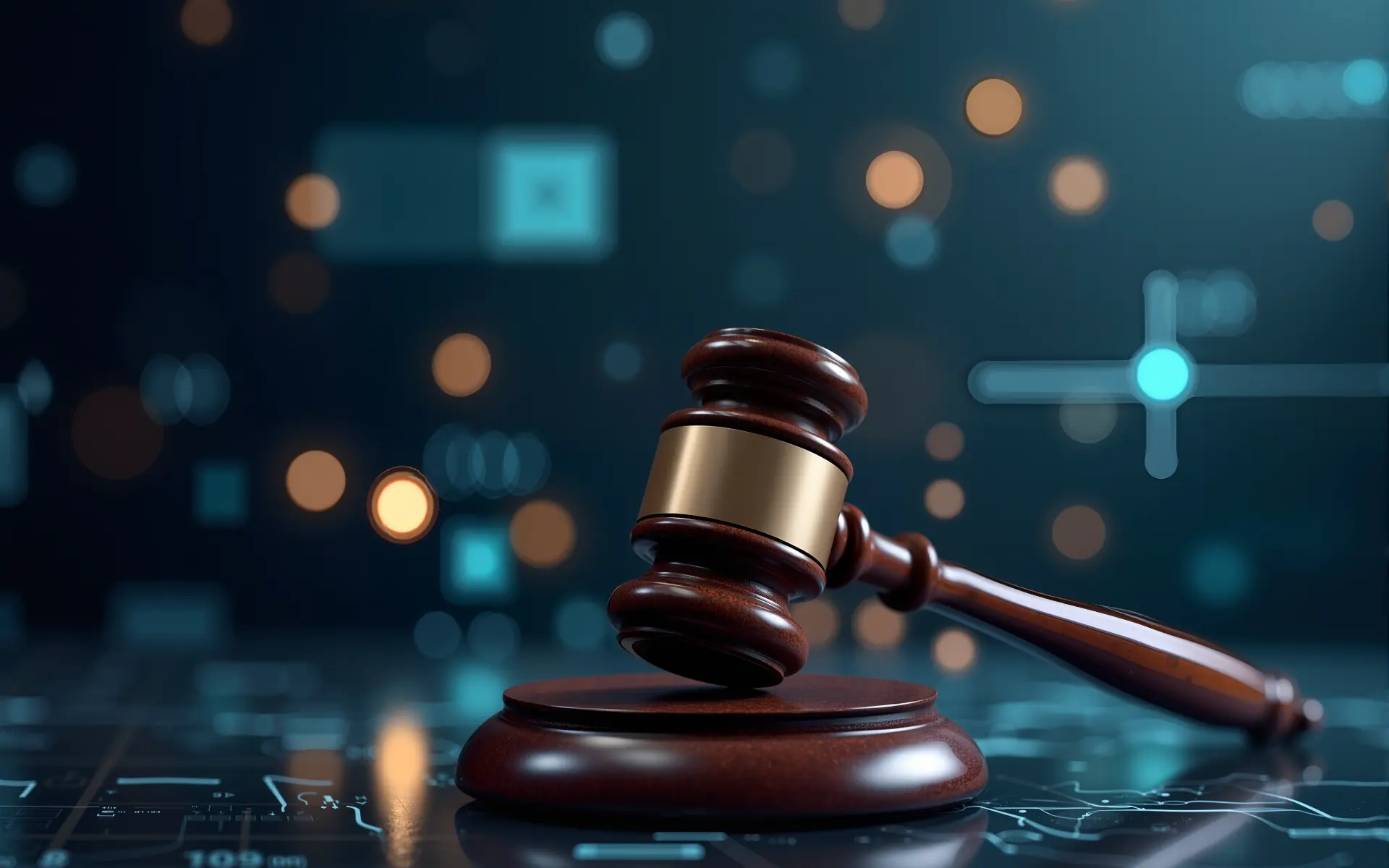Table of contents
- Towards a fairer digital environment
- Tackling harmful online practices
- Protecting minors online
- Clearer rules for everyone
- What’s next: 12 weeks to participate
Towards a fairer digital environment
The European Commission has launched a public consultation on the upcoming Digital Fairness Act, a legislative proposal aimed at enhancing digital fairness and consumer protection across the EU.
The initiative seeks to ensure that online experiences are transparent, safe, and respectful of consumer rights, while also simplifying the regulatory landscape for businesses.
Tackling harmful online practices
The Digital Fairness Act directly targets a range of deceptive and manipulative digital practices. These include dark patterns that trick users into unwanted actions, misleading influencer marketing, addictive product design, and unethical personalization techniques—especially those that exploit vulnerable consumers, such as children and teenagers.
Protecting minors online
A cornerstone of the proposal is the protection of minors in digital environments. Young users are often the first to embrace new technologies, making them more exposed to online risks.
The EU aims to reinforce safeguards for younger audiences and require responsible digital design tailored to their needs.
Clearer rules for everyone
According to EU Commissioner Michael McGrath, the Digital Fairness Act marks a new chapter in the EU’s strategy for a clear, simple, and enforceable regulatory framework in the digital world.
The initiative draws on the findings of the Digital Fairness Fitness Check, published in 2024, which revealed gaps in the current legal framework and highlighted persistent issues for online consumers.
What’s next: 12 weeks to participate
The public consultation will remain open for 12 weeks, giving individuals, businesses, and organizations the chance to help shape the new law. By contributing, citizens can ensure that the future digital environment in Europe is built on fairness, transparency, and protection for all.
Questions and answers
- What is the Digital Fairness Act?
A proposed EU law aimed at protecting online consumers and promoting fairness in the digital space. - Who can take part in the consultation?
Everyone: citizens, businesses, NGOs, public and private stakeholders. - What practices will be addressed by the law?
Dark patterns, deceptive marketing, addictive design, and unfair personalization. - When does the consultation close?
It lasts 12 weeks and will end in October 2025. - Why is it important for minors?
They are often more exposed to manipulation and need stronger legal safeguards. - How does it differ from existing laws?
It brings clearer rules, stronger enforcement, and a special focus on digital challenges. - What does it mean for businesses?
Simplified, clearer guidelines and better legal certainty. - What did the Fitness Check reveal?
Current rules are not keeping pace with online consumer risks and digital practices. - Does it target specific influencers?
No, it focuses on regulating non-transparent commercial content across all platforms. - Where can I participate?
On the official European Commission website, under the “Have Your Say” section.
